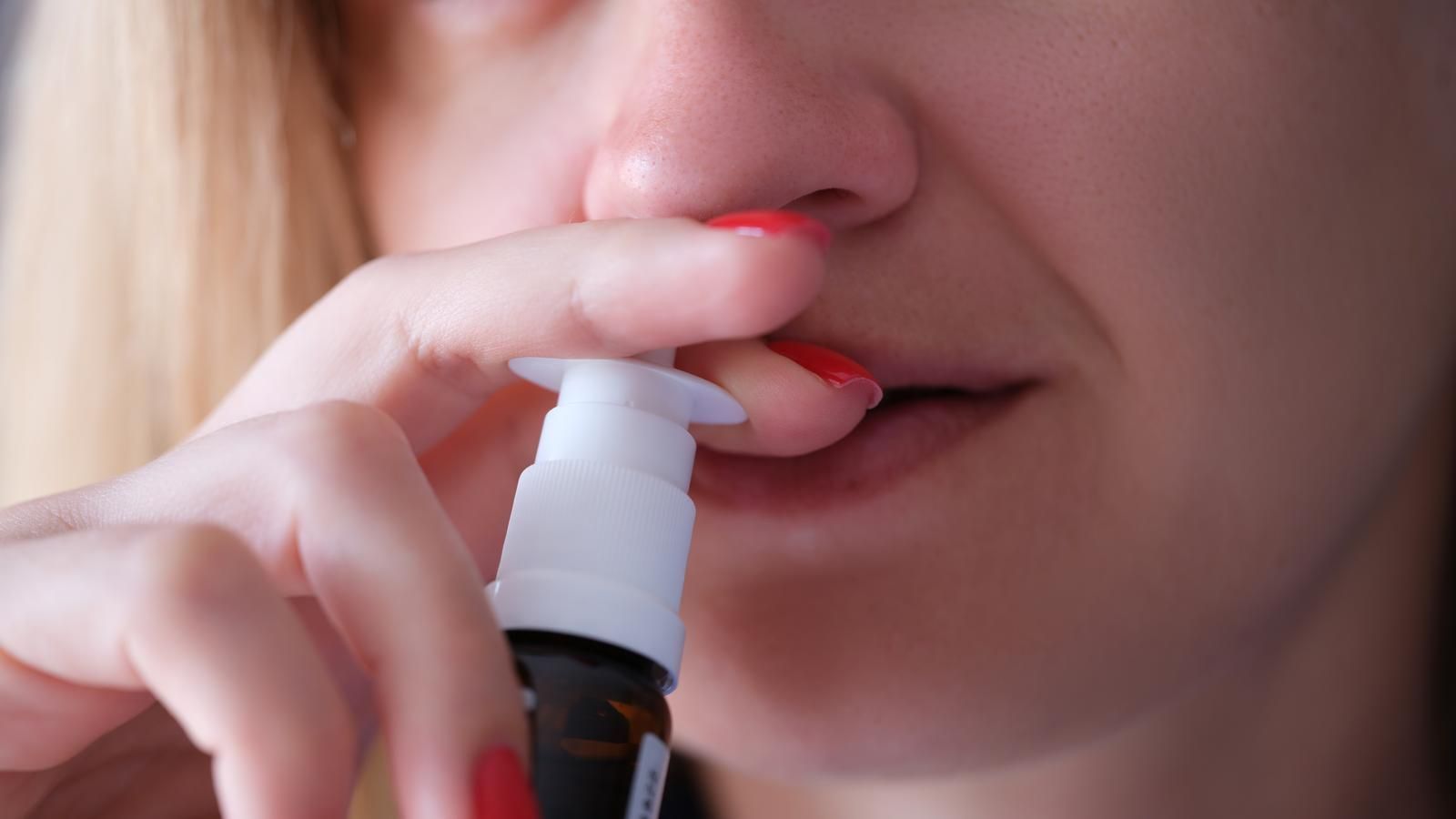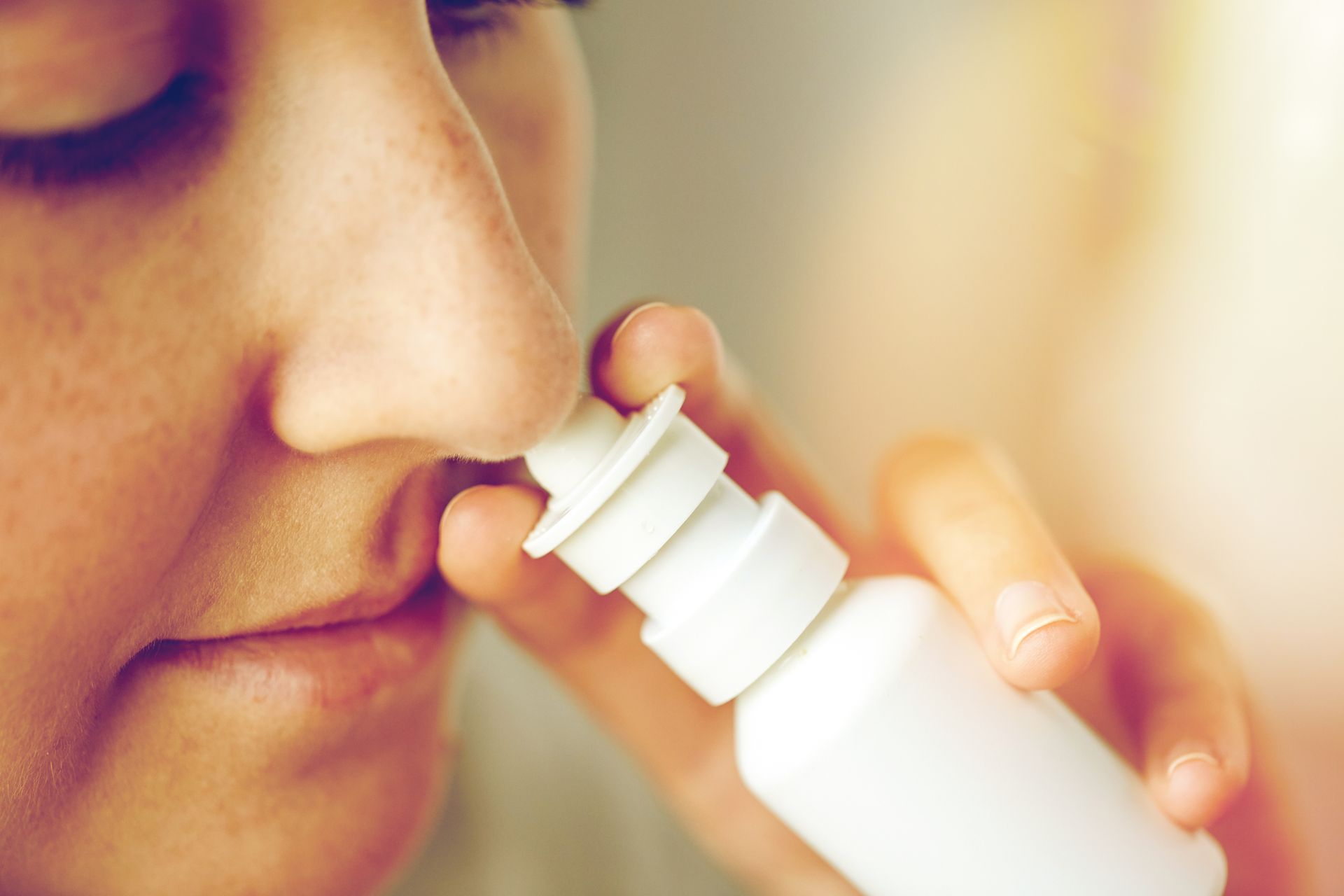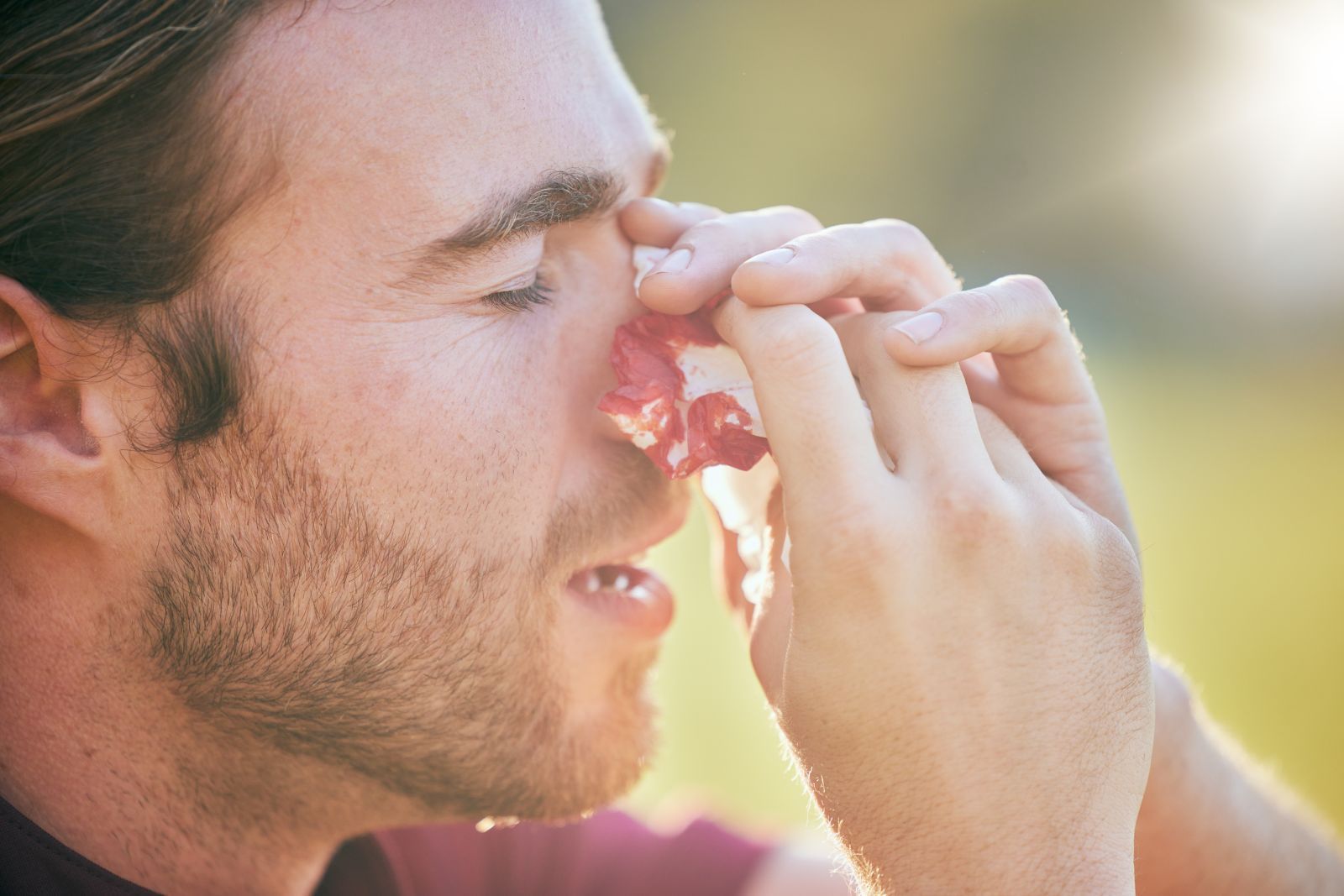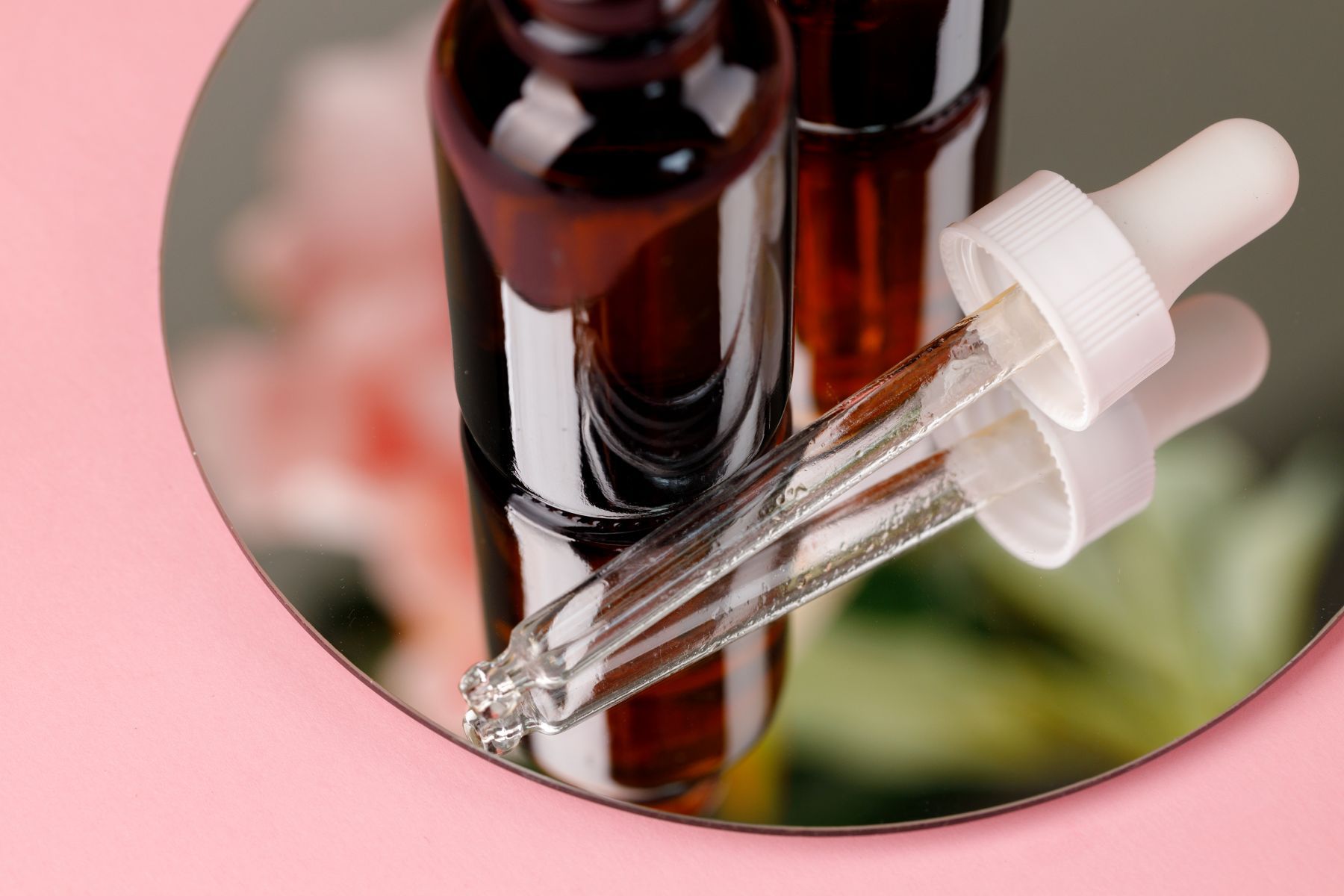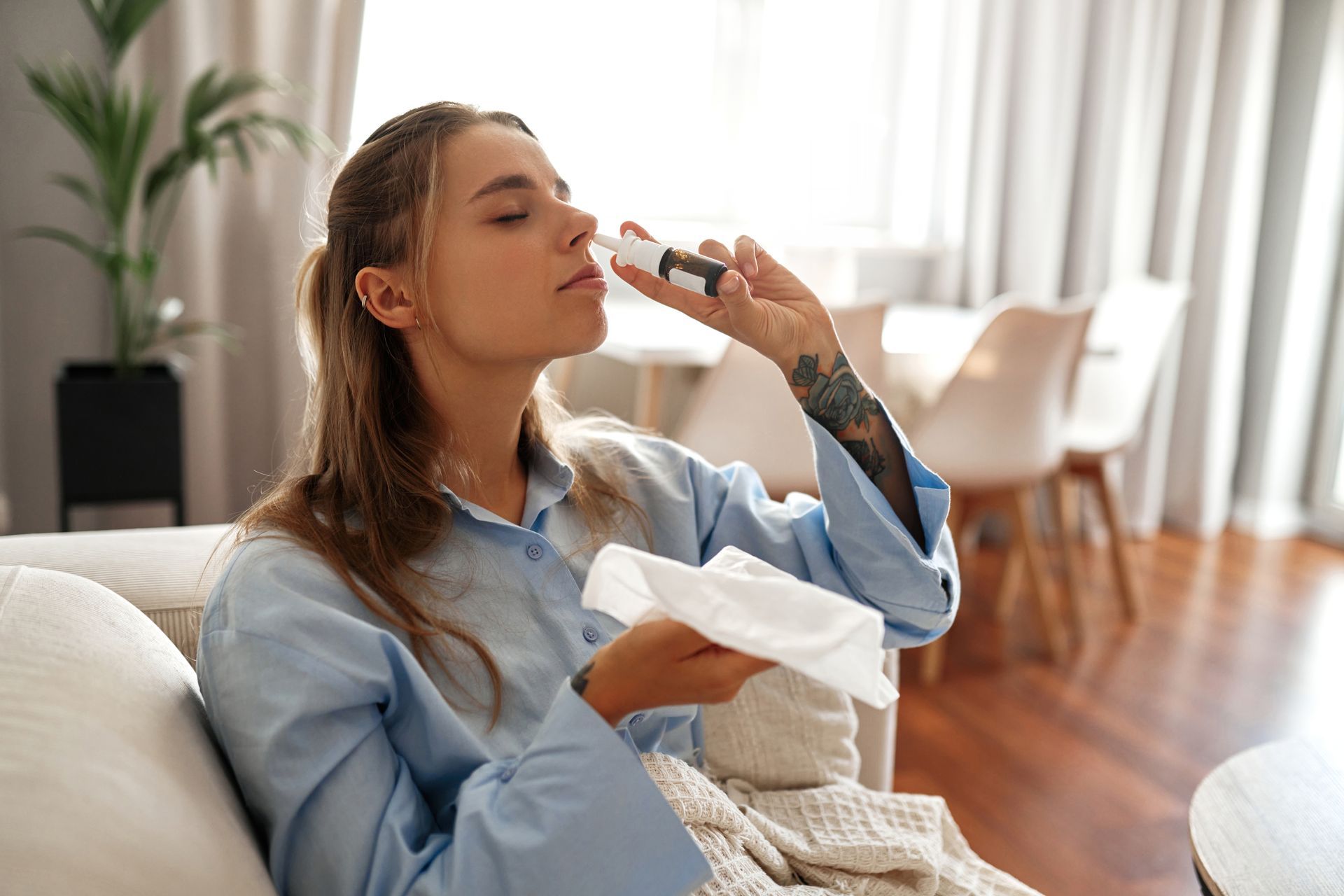Can't Stand a Dry Nose? Here's Exactly What to Use
That dry, tight, itchy feeling in your nostrils? It’s more than just annoying. For a lot of people, it’s a constant source of discomfort, sometimes even leading to cracks, bleeding, and even difficulty breathing. If you're dealing with this, you're not alone, and you've come to the right place.
Before we discuss the solutions, it's important to understand why this happens. Dry nostrils can be caused by:
- Low Humidity: Arid climates and forced-air heating or air conditioning.
- Allergies and Colds: Frequent blowing and inflammation.
- Medications: Like antihistamines, decongestant nasal sprays, and some blood pressure drugs.
- Aging: Nasal membranes naturally become drier.
- Medical Conditions: Such as Sjögren's syndrome.
- CPAP Therapy: The constant airflow is a major culprit.
The good news? Relief is straightforward once you know what’s safe and effective. Let's break down exactly what to use, from simple home care to advanced nostril moisturizers.
What to Look for in a Nostril Moisturizer
When choosing a product, you want ingredients that mimic your body's natural moisture barrier and are non-irritating. Look for these key components:
- Hydrators: Pull moisture into your skin to help it feel hydrated and comfortable
- Soothers: Calm and soften cracked, irritated skin, making it feel better instantly
- Protectors: Create gentle barrier on top to lock in all the moisture you just added, keeping dryness out.
What to Use: Your Action Plan for Relief
Option 1: Over-the-Counter Nasal Ointments & Gels (Medically Formulated)
These are specifically designed for the delicate nasal mucosa and are your best bet for consistent, safe relief.
- Saline-Based Gels: These use sodium chloride in a gentle salt-water base to moisturize, which mimics your body's own fluids and is very soothing.
- Lanolin-Based Ointments: Often recommended by ENT specialists, these contain ultra-purified lanolin, which is an excellent, safe emollient known for its healing properties.
- All-in-One Solutions: For a more comprehensive approach, consider a product specifically engineered for nasal wellness, like Narisure. It’s designed not just to moisturize, but to soothe, protect, and support the natural healing of delicate nasal tissues, making them an ideal choice for chronic dryness, CPAP users, or anyone recovering from nasal irritation.
Option 2: Simple & Safe Home Pantry Options
- Saline Nasal Spray: A simple sterile saline mist is your first line of defense. It adds immediate moisture without medication and can be used as often as needed. It's perfect for pre-moisturizing before applying an ointment.
- Coconut Oil or Almond Oil: For many, these natural oils are a good option. They act as mild moisturizers and are generally safe for short-term use. Important Note: Use a small amount and ensure you have no allergies. These oils do not provide the same protective barrier as medical-grade ointments.
What to AVOID: The Critical "Do Not Use" List
This is just as important as knowing what to use. Some common "remedies" can do more harm than good.
- Petroleum Jelly (e.g., Vaseline): This is a major point of caution. While great for external skin, it is not recommended for deep or frequent use inside the nose. There is a risk of lipid pneumonia if the petroleum-based particles are inhaled into the lungs over time.
- Antibiotic or Steroid Skin Creams: Never use antibiotic or steroid creams meant for skin inside your nose unless specifically prescribed by a doctor for a nasal condition.
- Essential Oils: Though natural, pure essential oils are much too strong and potent for your sensitive nasal lining. They can cause significant irritation, burning, or allergic reactions.
When to See a Doctor
While most dry nose issues are manageable at home, consult a doctor or an ENT (Ear, Nose, and Throat specialist) if you experience:
- Nosebleeds that won't stop after 10-15 minutes of direct pressure.
- Signs of infection (yellow/green pus, pain, swelling, fever).
- No improvement after 1-2 weeks of consistent treatment.
- A persistent crusting that is difficult to remove.
You don’t have to suffer with a dry, uncomfortable nose. Skip the risky DIY methods and go for products that are actually designed to help. Start with a simple saline spray to hydrate, and follow up with a specialized nostril moisturizer like a saline gel, lanolin ointment, or a product like Narisure. Your nose will thank you!
